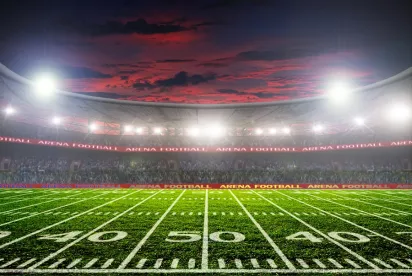The National Football League Players Association (NFLPA) has announced a partnership with the National College Players Association (NCPA) to jointly explore the marketing and licensing of all college athletes and how they can be paid for the use of their name, image and likeness through the NFLPA’s licensing affiliated entity, REP Worldwide.
Seeking to maximize the value of California’s Fair Pay To Play Act, recently signed into law by California Governor Gavin Newsom, which has empowered California student-athletes to seek financial opportunities relating to the marketing of their name, image and likeness beginning in January 2023, NFLPA Executive Director DeMaurice Smith stated, “We are proud to partner with the NCPA and offer the services of REP Worldwide to offer all athletes the same world class service that NFL players receive. For the first time, a legislature has indicated that these students have rights just like everyone else and we support this continuing movement towards fairness. Regarding the NFLPA’s new partnership with the NCPA, Smith added, the new relationship
“will explore opportunities for merchandise, gaming and other officially licensed products. We will also review how recent developments impact television broadcast revenues in pursuit of fairness.”
Ramogi Huma, former UCLA Bruins linebacker and current NCPA Executive Director, commented as well. “I am grateful that college athletes will finally have representation that cares only about fairness for the athletes.” He continued, “We are on the right side of history and invite the NCAA’s commercial partners to join us. It’s time to embrace a new beginning.”
Despite the announcement of the partnership, the potential relationship between these two entities and college athletes is still unclear.
While representatives of the NFLPA and NCPA continue to express their future role as one of “representation,” college athletes as a group are not viewed as employees and are neither unionized nor legally recognized as a collective group. Neither the National Labor Relations Act nor the Fair Labor Standards Act recognizes student-athletes within their definition of employee.
How and if, the NFLPA, Rep Worldwide and the NCPA can represent all college athletes and serve as their collective voice in exploring group marketing opportunities is a question that remains to be answered.




 />i
/>i

